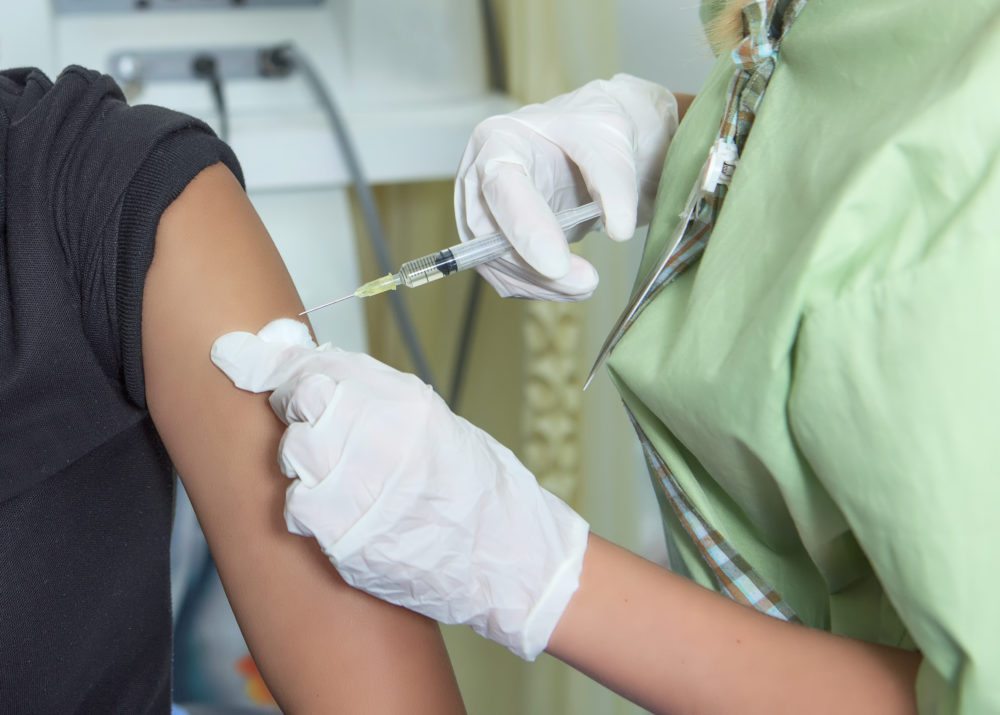Misconceptions about vaccination can endanger the health of children and adults. It’s important to get the right information about vaccines so we can protect ourselves from serious illness. Let’s read on and find out:
Vaccines for grown-ups
Vaccination is not only for children. Adults are advised to get vaccines like the Papiloma Virus Vaccine (PHV); Seasonal Flu Vaccine; and Tetanus Toxoid (TD or TDAP).
Adults who are 60 years and older need the Flu & Tetanus Booster, Pneumococcal, and Zoster vaccines.
If you’re planning to get pregnant, however, it’s not advisable to get live virus vaccines for varicella, measles, and rubella; this is because they might harm your unborn baby.
On the other hand, dead virus vaccines for flu/seasonal influenza and tetanus/diptheria/pertussis (TDAP) are safe for pregnant women.
Do vaccines cause autism? No.
The so-called “anti-vaxxer movement” in the United States claims that vaccines are dangerous to children. It blames vaccines as the cause of autism and other illnesses. Unfortunately, the movement has convinced some parents in the U.S. and other countries to refuse vaccination for their kids.
This belief puts children’s health at risk and potentially allows many diseases, including rubella (also called German measles), polio, and Hepatitis B, to become more widespread.
In the Philippines, there are are parents who choose not to get their kids vaccinated because they believe it won’t do anything good for the body. “According to them, they themselves were not given vaccines during childhood and they seem ‘okay’,” said Dr. Benitez De Belen, a pediatrician at ManilaMed.
Dr. De Belen said such parents fear that vaccines are “exposing” their kids to chemicals that cause either autism or intellectual disability. But the fact is, current scientific evidence shows no link between vaccines and these conditions.
Earlier is better
It’s best to start vaccination during infancy, when the baby’s immune system is still developing. At that stage, the baby is at risk for many types of infections. As the child grows up, he or she might need follow-up vaccinations or booster shots.
At any rate, education is key. Talk to your doctor about vaccines and your child’s immunization history. Make sure that you get reliable, evidence-based information whether it’s for your child’s vaccination or for your own.
ManilaMed has expert physicians and consultants that can help you make the best decisions for your health and well-being. Visit www.manilamed.com.ph for more details.









